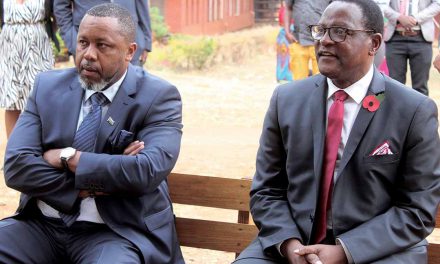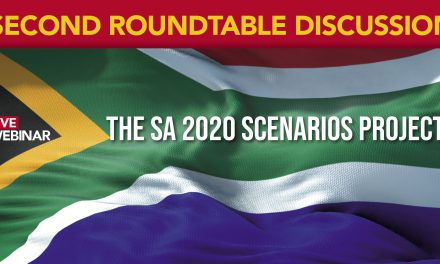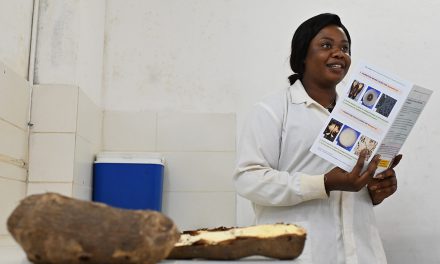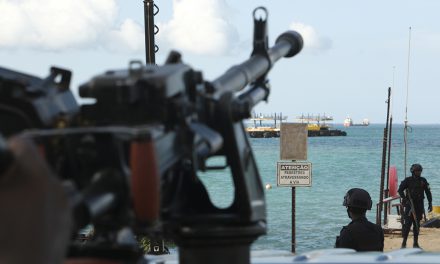Trust is difficult to build and easy to destroy. The same is true of democracy and good governance. Botswana has, relatively speaking, been a shining light of democracy on the continent. Until now, that is. Its recent democratic backsliding appears to have gone largely unnoticed by the mainstream media, partly because the news cycle – rightly so – has been covering the abominable Russian invasion of Ukraine. Regionally, much attention has also been directed toward the tragedy in northern Mozambique. But Botswana’s backsliding is a harbinger that we ignore at our peril.
Good Governance Africa’s executive director, Chris Maroleng, had the privilege earlier this week to interview former Botswana president Ian Khama, who told it like it is. Khama lamented the current state of affairs. With standard eloquence and thoughtfulness, president Khama laid the blame squarely at the foot of his successor, who has single-handedly dismantled what Khama’s father and other famous Motswana leaders have achieved hitherto.
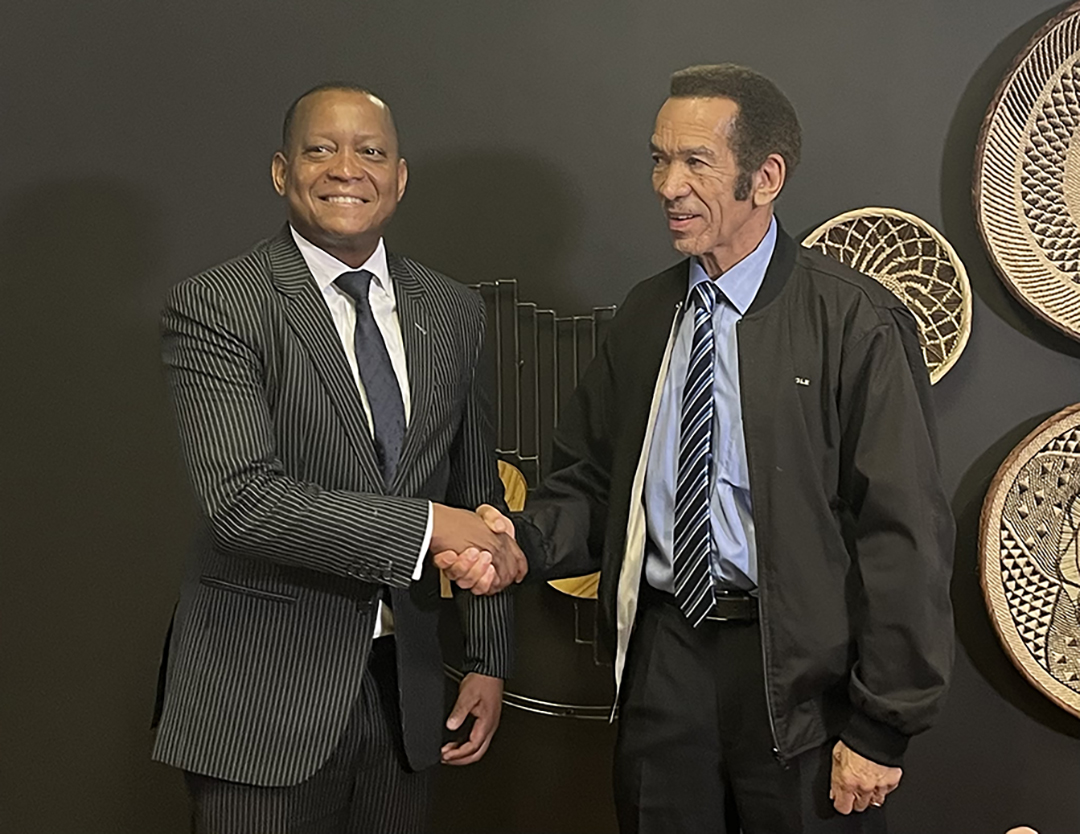
GGA SADC executive director Chris Maroleng with Ian Khama.
Instead of succumbing to the resource curse – the paradoxical relationship between natural resource wealth and underdevelopment – Botswana managed to forge a strong democracy and utilise its diamond wealth relatively successfully since independence. Unlike other African countries blessed with resource abundance, Botswana has governed its wealth relatively well. Moreover, until 2018, when Khama’s presidential term came to an end, Botswana had managed its wildlife conservation, on which tourism depends, extremely well. That is no longer the case.
At Good Governance Africa, we have developed a ‘Governance Coefficient’, which visualises the quantitative relationship between government effectiveness and citizens’ ability to hold governments to account. The evidence is clear – the better a country does on these two independent measures of governance, the higher (on average) that country’s GDP per capita appears likely to be.
Botswana has performed relatively well over time, as is clear from the animation below. By 2018, when Khama left office and handed over to Mokgweeti Masisi (the current president), Botswana scored 0.333 on ‘government effectiveness’ (GE) (on a scale from -2.5 to 2.5) and 0.476 on ‘voice and accountability’ (VA) (on the same scale). Its GDP per capita was US$8,279. By 2020, the GE score had fallen to 0.257. The VA score edged up slightly to 0.494 but reports of crackdowns and abuse of security services to serve authoritarian ends have escalated since then. As you’ll see from the interview, this includes (but is hardly limited to) unlawful abuse and intimidation of Ian Khama’s immediate family members.
GDP per capita has fallen to US$6,711, partly due to the devastating impact of Covid-19 on wildlife-based tourism. Masisi has reintroduced trophy hunting of iconic species, purportedly to raise revenue, but word in the bush is that organised criminal gangs parading as ‘community trusts’ are being allocated elephant trophy hunting quotas. Elephants are then being hunted against actual community members’ wishes, given that they rely on the presence of elephants for their ecotourism initiatives. Again, the reintroduction of trophy hunting and the apparent large-scale abandonment of anti-poaching efforts appear to be part of a malicious effort on Masisi’s behalf to destroy the work of his predecessor(s). It is the height of short-termism, given that the country will increasingly rely on ecotourism for revenue as diamond rents decline.
Even the Economist Intelligence Unit’s Democracy Index of 2021 now categorises Botswana as a ‘flawed democracy’; Mauritius is the only African state to be categorised as a ‘full democracy’. With mounting turmoil in the region – Lesotho, Eswatini, Zimbabwe and Mozambique are all experiencing some degree of difficulty – it is imperative that we heed Khama’s words. Perhaps more than anything else, South Africa needs to find a foreign policy backbone and – like Khama was willing to speak out against Mugabe at the SADC level during his presidential tenure – start acting against abuses of power that threaten to drive our region into further democratic backsliding and economic ruin.
President Khama expands on plots to kill him, including three attempts to poison him, in this revealing GGA interview with our SADC Executive Director Chris Maroleng.
[activecampaign form=1]
Dr Ross Harvey is a natural resource economist and policy analyst, and he has been dealing with governance issues in various forms across this sector since 2007. He has a PhD in economics from the University of Cape Town, and his thesis research focused on the political economy of oil and institutional development in Angola and Nigeria. While completing his PhD, Ross worked as a senior researcher on extractive industries and wildlife governance at the South African Institute of International Affairs (SAIIA), and in May 2019 became an independent conservation consultant. Ross’s task at GGA is to establish a non-renewable natural resources project (extractive industries) to ensure that the industry becomes genuinely sustainable and contributes to Africa achieving the Sustainable Development Goals (SDGs). Ross was appointed Director of Research and Programmes at GGA in May 2020.


